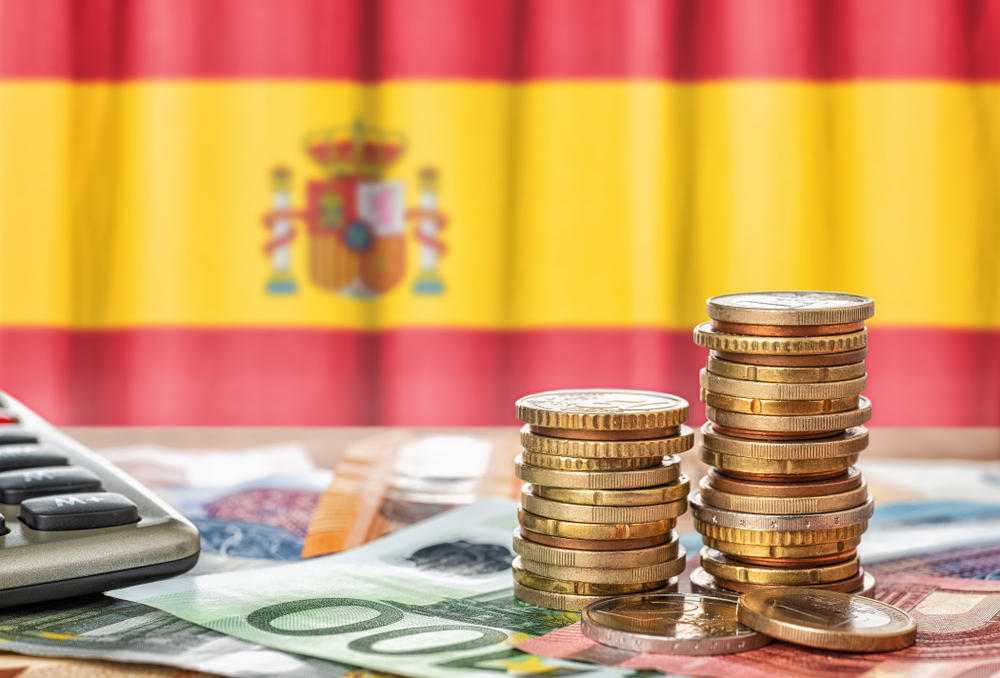Spain’s socialist government plans to impose a temporary two-year tax on the richest 1 percent of the country’s population in an attempt to alleviate the current crisis, Budget Minister Maria Jesus Montero said on Thursday.
Speaking to La Sexta television channel, Montero revealed she was in negotiation with left-wing Podemos, her party’s junior coalition partner, over how best to implement the scheme.
Despite providing no insight into how the proposal would be enforced, Montero confirmed it would be a tax on “millionaires, those who are in the top 1 percent income bracket.”
Such individuals are frequently regarded as wealth and job creators themselves, and as such, in the eyes of free marketeers are important to retain to further encourage trickle-down economics.
“We are going to use a similar scheme to that for energy companies and banking,” Montero told the channel explaining that “for the next two years … the big fortunes of this country will be asked to make a temporary contribution.”
The government minister said she expected the tax to be enforced next year.
As well as an additional tax on the country’s wealthiest, Spain’s ruling coalition has also announced plans to impose a windfall tax on energy companies and banks in an attempt to raise €7 billion to redistribute and alleviate those struggling from the cost-of-living crisis currently enveloping Europe.
“There is no social justice without fiscal justice,” a spokesperson for the Socialist Party in Congress, Patxi Lopez, said back in July, calling the windfall tax on companies the duty of a “progressive government.”
The move is in stark contrast to methods adopted by other European governments to solve the same problem, including the new U.K. Prime Minister Liz Truss who last week resisted calls by Britain’s opposition to impose a windfall tax on energy companies, and whose Chancellor Kwasi Kwarteng is expected to push on with reversing planned increases to corporate tax and national insurance contributions in a mini-budget to be announced on Friday.






